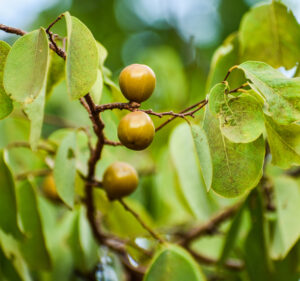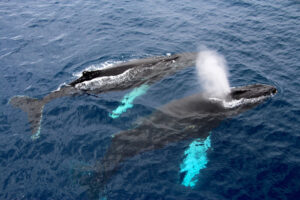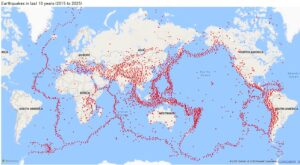In news that mothers worldwide will understand, a new study found “no evidence that sons became less costly as they grew older” and “males were consistently costly regardless of age.”
If you just felt a surge of filial guilt, don’t worry. The research concerns orca maternal behavior and doesn’t involve you (unless your mom sent you this link).
In a study published in the journal Current Biology, scientists examined decades of census data from a well-studied population of orcas. They discovered something interesting: female orcas pay a reproductive price for the extended care they show their male calves.
In short, orca mothers with male calves are less likely to reproduce than their peers with female calves. And orcas who’ve birthed multiple daughters tend to stop reproducing after having a male calf.
“This negative effect did not attenuate as sons grew older, and the cost of sons could not be explained by long-term costs of lactation or group composition effects, supporting the hypothesis that caring for adult sons is reproductively costly,” the paper’s authors wrote.

A female orca is likely to stop reproducing after having a male calf. Graphic: Michael N. Weiss et al.
Why are orca daughters easier?
The authors theorize that the reproductive cost could come from prey-sharing behavior. Splitting kills with adult sons lowers an adult female’s nutritional intake, directly affecting her fertility.
But what about daughters? Scientists had the same question. After crunching the numbers, they “did not find evidence that daughters influenced their mothers’ reproductive success.” This isn’t an entirely surprising result as orcas are known to care for their sons well into adulthood but cease caring for their daughters shortly after they reach sexual maturity.
“For more than a decade, we have known that adult male killer whales depended on their mothers to keep them alive, but it was never clear whether the mothers paid a price to do so,” lead author Michael Weiss of the University of Exeter told El Pais.

An orca hunts off the coast of Patagonia. If this orca is female, and she has a son, she will share her kills with him long into his adulthood, sacrificing her own fertility to do so. Photo: Shutterstock
“The magnitude of the cost that females take on to care for their weaned offspring is truly staggering. While there is some uncertainty, our best estimate is that each additional surviving offspring reduces a female’s chances of having a new brood in a given year by more than 50 percent. That’s a huge price to pay to care for already adult offspring!” he said.
Orca maternal behavior is fairly unusual in the natural world. Only some species of apes (including the ape reading this) show as much devotion and long-term care. In fact, outside of humans, orcas have the longest post-reproductive lifespan of any animal.
But good ape mothers aren’t less likely to reproduce after having sons. Only orcas do that — putting the fascinating cetaceans in a category all their own.






